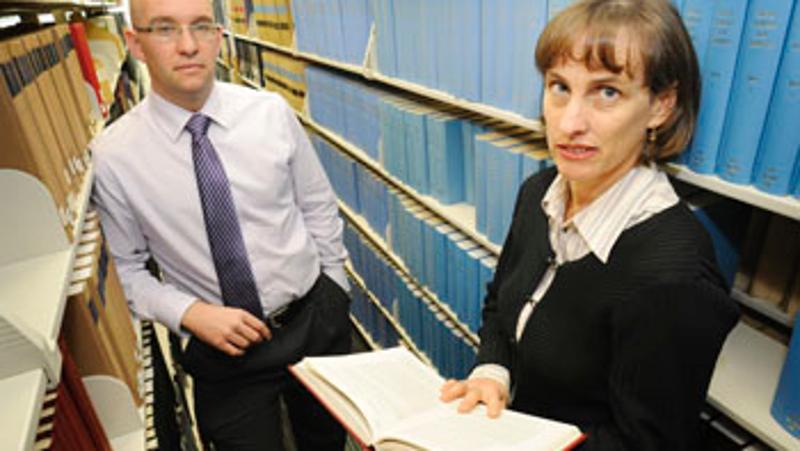
More than 13,000 people who have lost the ability to make their own decisions die in Queensland, Victoria and New South Wales each year after doctors have withheld life-sustaining medical treatment such as CPR.
The extent to which these medical decisions are legal is unknown and doctors are vulnerable to breaking the law through lack of understanding of it, say QUT law researchers, Dr Ben White and Professor Lindy Willmott, who are embarking on a $287,000 Australian Research Council Linkage-funded study to investigate doctors' understanding of the law in end-of-life decisions.
"In Queensland, consent to withhold medical treatment is required by law for people who cannot make decisions for themselves, even if the doctors think that resuscitation will not help the patient or if treating them is going to be futile," Dr White said.
"Consent to withhold treatment such as resuscitation can be obtained in a number of ways. For example, a patient might have an advance health directive that refuses the treatment or they might have appointed someone under an enduring power of attorney to make this decision.
"If there aren't any formal legal arrangements like these in place, the law generally recognises the decision of a family member or other person who is close to the patient as a 'statutory health attorney'."
Dr White said doctors and hospitals needed to know what the law was in this area because anecdotal evidence suggested their knowledge was lacking.
"A second key issue is that hospitals need to ensure their policies support doctors who are making these decisions by being legally accurate. Reliance on policies that do not reflect the law puts doctors and hospitals at risk," he said.
"Our research project aims to determine whether doctors know and follow the law and also to identify strategies to enhance their medical decision-making in compliance with the law."
Professor Willmott said the state of the law contributed to lack of knowledge by doctors.
"The law is complex and uncertain in this area so we will critically analyse the current law to suggest reforms to advance patients' autonomy and dignity, and to protect vulnerable adults from inappropriate treatment decisions," Professor Willmott said.
"Clarity and consistency of laws in this area could also help reduce health costs for the community by helping doctors avoid litigation."
Media contact: Niki Widdowson, QUT media officer, 07 3138 1841 or n.widdowson@qut.edu.au.
**High res photo of Dr White and Professor Willmott available for media use.


